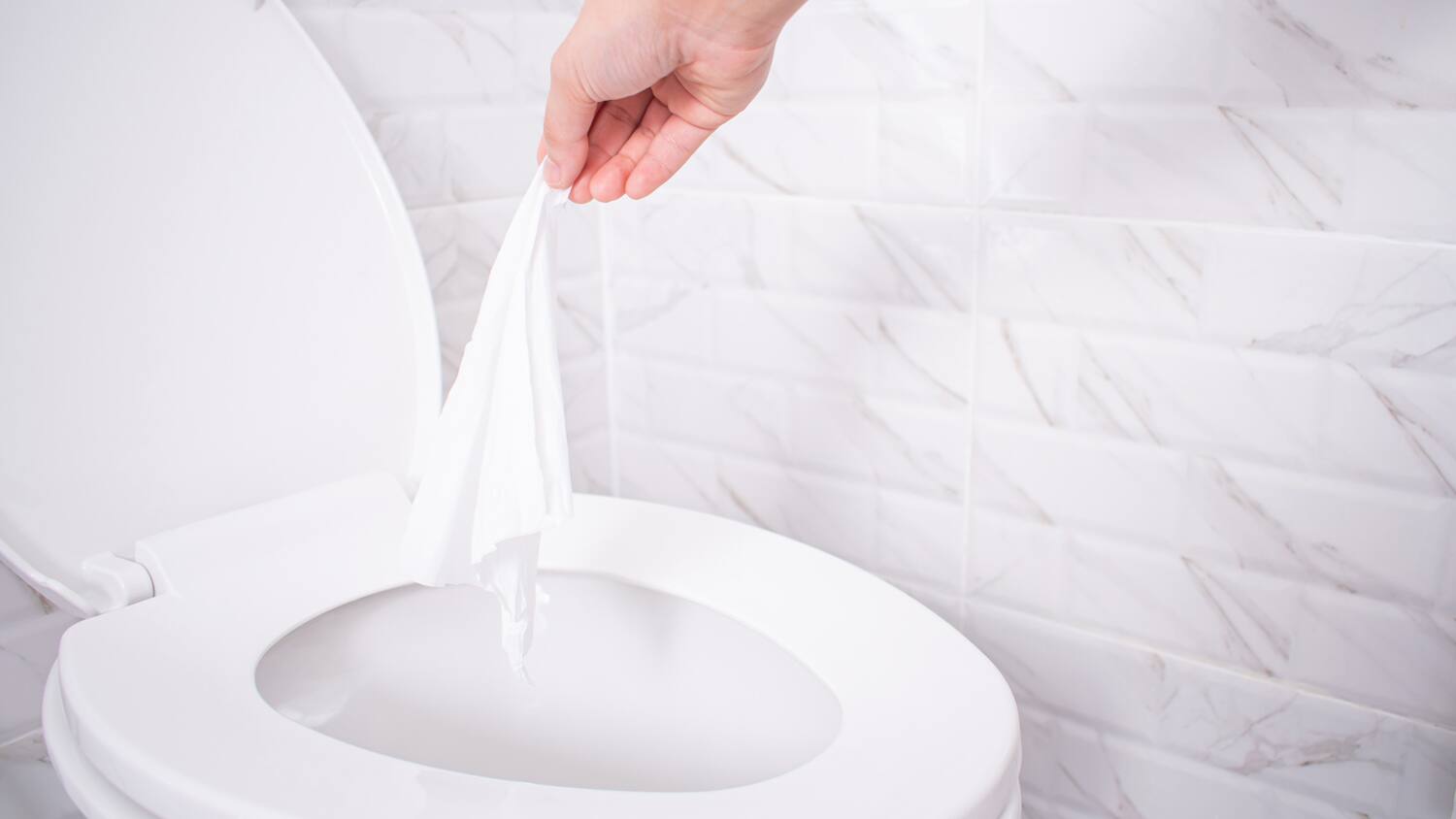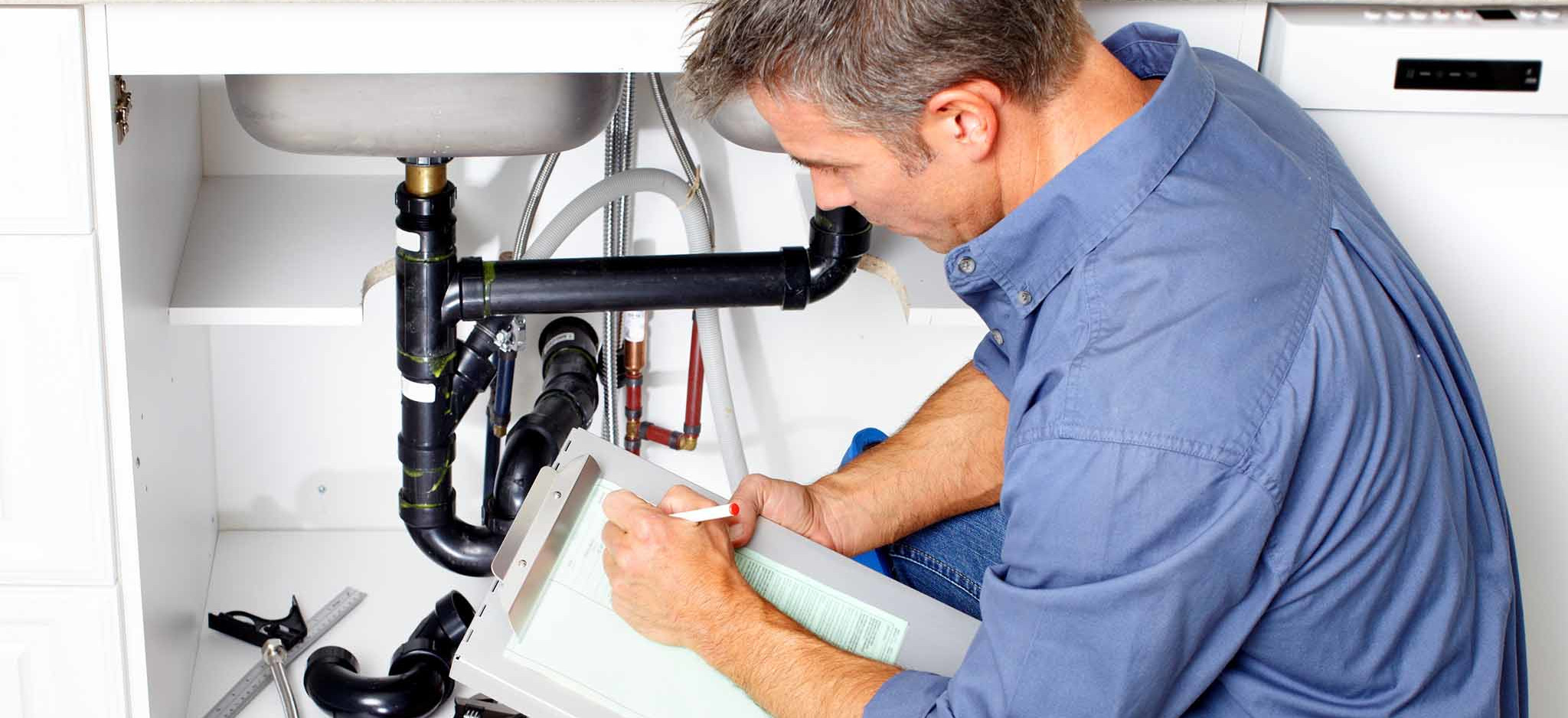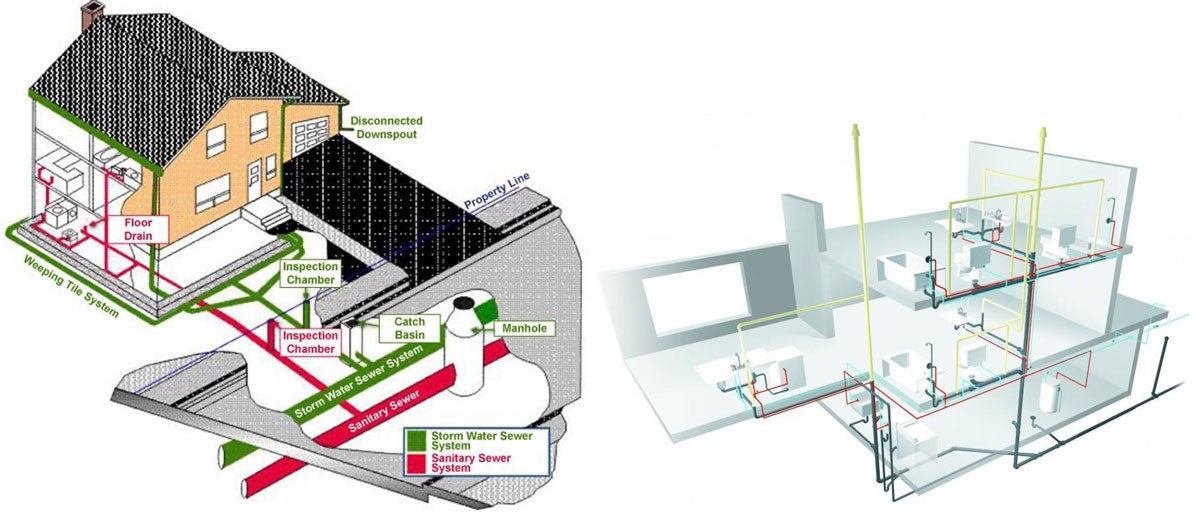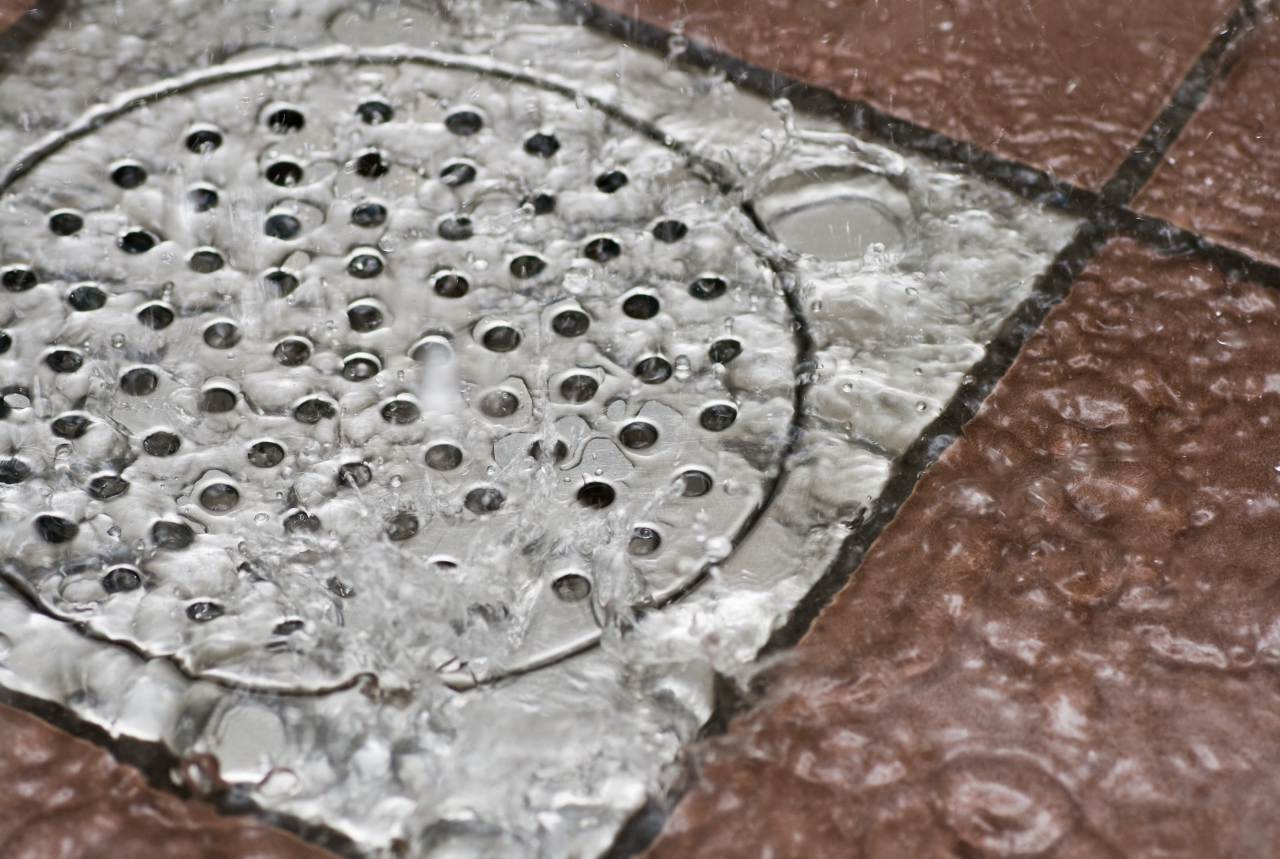Are Flushable Wipes Safe to Flush?
Did you know? Despite being labeled as "flushable," wet wipes are responsible for approximately 50% of all sewer blockages. Municipalities across the country spend over $1 billion annually to address clogs caused by these products, and homeowners face an average repair cost of $300-$500 for wipe-related plumbing issues.
Have you ever reminisced about that first encounter with a moist wipe, replacing traditional toilet paper? Initially, you may have had mixed feelings, but after a few uses, you were sold! However, the question arises: are these "flushable" wipes as dependable as they seem?
Uncovering The Truth About "Flushable" Wipes
Wet wipes are cleverly marketed as "flushable" and "septic-safe," leading us to believe that flushing them down the toilet is a breeze. However, this assumption is far from the reality. While these wipes do eventually disintegrate, they do so at a slower rate compared to toilet paper. This slower breakdown often leads to more frequent pipe clogs and blockages, ultimately jeopardizing your home's plumbing and resulting in substantial plumbing expenses.
Why "Flushable" Wipes Aren't Actually Flushable
- Slow to break down: Can take months to disintegrate compared to toilet paper's minutes
- Synthetic fibers: Often contain plastic-based materials that resist breaking apart
- Moisture resistance: The very quality that makes them effective also makes them problematic for plumbing
- No industry standard: The term "flushable" isn't regulated by government agencies
- Accumulation effect: Even if one wipe seems harmless, multiple wipes create significant blockages
Which "Flushable" Products Are Culprits of Clogs?
These so-called "flushable" wipes, when flushed, tend to intertwine with other items already present in your sewer line. The combination of these items with wet wipes results in the troublesome issue known as "ragging" - where materials combine to form rope-like clumps that are extremely difficult to remove.
Common Clog Culprits
- Baby wipes and "flushable" wipes
- Thick, quilted toilet paper
- Paper towels and facial tissues
- Cotton swabs and cotton balls
- Dental floss
- Feminine hygiene products
Warning Signs of a Wipe Clog
- Gurgling sounds from toilets or drains
- Multiple drains backing up simultaneously (a common Metro Atlanta plumbing issue)
- Toilet water level rising or falling unexpectedly
- Sewage odors coming from drains
- Slow draining throughout the house
- Water backing up in shower when toilet flushes
Pro Tip: If you prefer the cleanliness of wet wipes, consider keeping a small trash can with a lid next to your toilet. Use the wipes after toilet paper for cleanliness, then dispose of them in the trash rather than flushing them down the toilet.
Should I Continue to Flush "Flushable" Wipes?
Manufacturers may provide test results claiming that flushable wipes are safe to flush. However, evidence suggests that flushing these wipes can heighten the risk of sewer line clogs and necessitate more frequent septic tank pumping. So, while these wipes may feel like a remarkable invention, it's wise to abstain from using them. Stick to flushing only toilet paper – apart from the obvious.
Safe Alternatives to Flushable Wipes
- Bidet attachments: Affordable options that connect to your existing toilet for a cleaner experience
- Moistened toilet paper: Use a spray bottle with water to dampen regular toilet paper
- Washable cloths: Reusable cloths that can be washed and sanitized (for cleaning, not personal hygiene)
- Biodegradable wipes: Used and disposed of in the trash, not flushed
What To Do If Wipes Have Already Caused a Clog?
Remember, just because something is labeled as "flushable" doesn't always make it a reality. This principle applies to those beloved "flushable" bathroom wipes and their misleading packaging. If your home frequently experiences clogs, whether you use wet wipes or not, there is an underlying issue that demands attention. Consider scheduling a comprehensive plumbing inspection to identify potential sewer line problems before they lead to major backups.
Important: Never use chemical drain cleaners to address wipe-related clogs. These harsh chemicals rarely work on fibrous blockages and can damage your pipes further. Professional plumbing assistance is usually required for these types of clogs.
Plumb-All is always prepared to assist you, no matter the size of the clog. Our professional plumbers have specialized equipment designed specifically to remove wipe blockages without damaging your plumbing system. For further information or to schedule an appointment, don't hesitate to call us at (770) 914-3877.
Dealing with a stubborn clog? We're here to help!
Call us at 844 PLUMB-ALL


